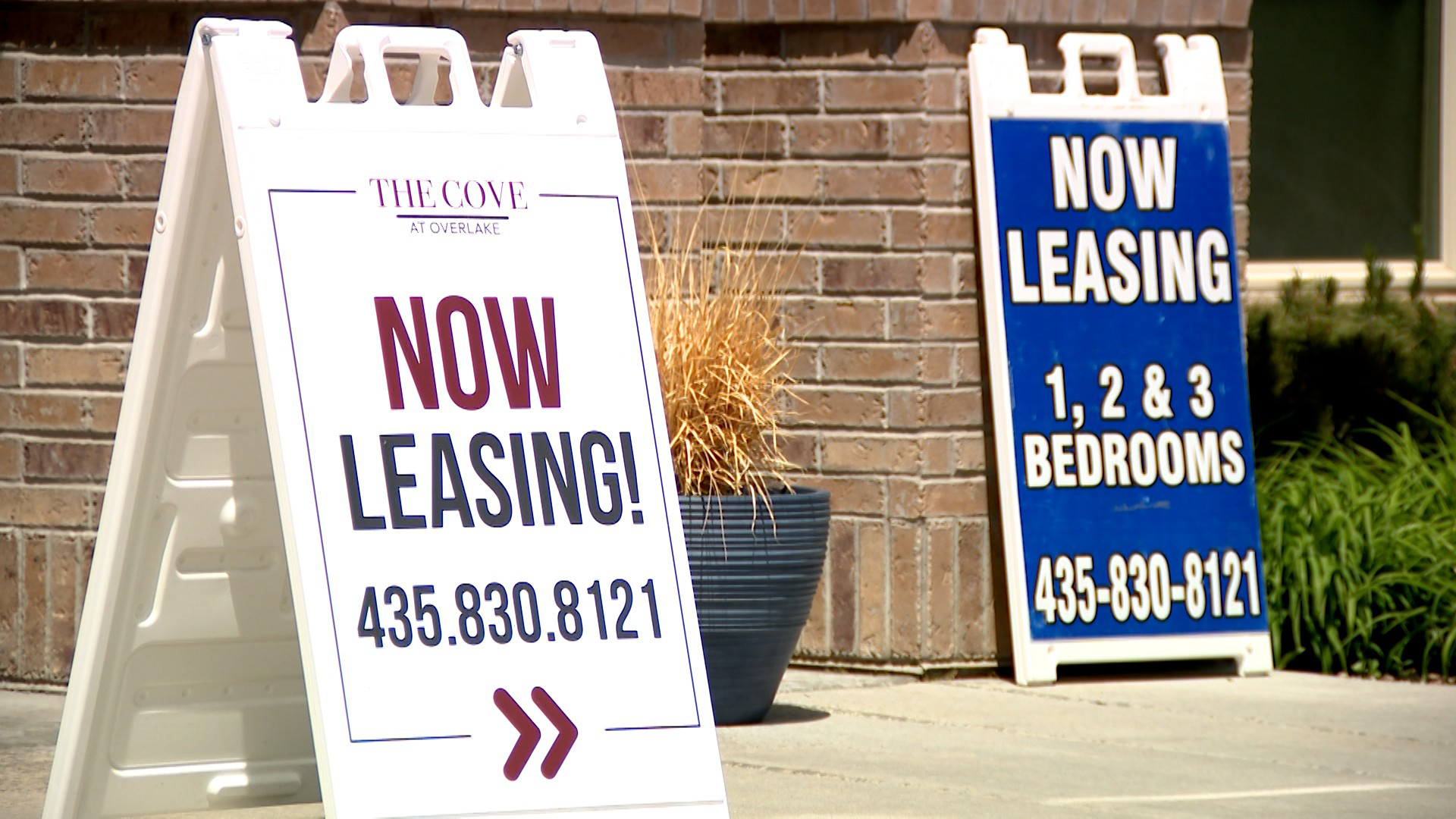Weber County has some of the most stunning lands and vistas in the state of Utah. Now the Utah Inland Port Authority is poised to turn almost 9,000 acres of largely undeveloped land, near the imperiled Great Salt Lake and the Harold Crane and Ogden Bay waterfowl management areas, into industrial concrete and asphalt projects.
More than 2,000 years ago in ancient Greece, the storyteller Aesop issued a warning that will be ignored at our peril. He told of a farmer who owned a wonderful goose that each day laid a golden egg. The farmer grew rich, but he just had to have more. One day, his greed and impatience got the best of him because he wasn’t getting rich fast enough. He killed the goose to dig out all the eggs inside her. Sadly, there were none, as she could only lay one a day. And now his lovely goose was dead.
Residents of western Weber County have beautiful golden eggs — wetlands, open spaces, wildlife habitat, clear skies, peace and quiet — riches by anyone’s definition. But UIPA and the Weber County Commission, which has voted to support UIPA’s plans, want their goose for different kinds of riches.
The residents are pushing back. They have issued their own warning about what could be permanently lost, requesting that the final decision be put on hold until the repercussions are fully studied, and more citizens are made aware of them.
The statement reads, “This project area cedes local control and budget authority to a state-appointed board. Various groups across the political spectrum are calling on Weber County to study the full impact, including the budget burden to local taxpayers, attracting heavy truck traffic to an area that does not have it now, bright lighting, destruction of wetlands, inestimable noise and attracting sources of air pollution.”
John Valentine, head of the Utah Tax Commission, spoke about a different kind of golden egg at a recent meeting of the Utah Taxpayer Association. This golden egg is our tax base that pays for schools, parks, road repairs, emergency services, fire and police protection.
According to Fox13 News, Valentine warned, “Some of the projects that we’ve passed in the state are eroding the tax base by sales tax diversions and tax increment financing.” He included the inland port as one example.
UIPA’s Weber County inland port project will keep 75% of all property and sales taxes it generates to be used at the board’s discretion and give back only 25% of those revenues to local governments.
In other words, UIPA and developers will build the port, but government entities will have only 25% to provide critical services. UIPA will build infrastructure, but they will not maintain it.
Rusty Cannon, president of the taxpayers’ association, issued his own warning about projects that have been adding up over decades.
“It’s just death by a thousand cuts. It’s been coming and it’s starting to hollow out our tax base.” he said.
This could lead to increased taxes for the part of the county that is not in the project area.
At a meeting in February, Weber County commissioners questioned whether 25% will be enough to provide all the services needed. Scott Wolford, Vice President of the Business Development Team for the Utah Inland Port Authority, stated, “We don’t have to get it right today. We’re just taking our best guess. We will adjust through the 25 years.”
He assured the commissioners that they can vote later to take a certain parcel out of the inland port project area if the tax structure doesn’t work. All they have to do, he said, is to ask the UIPA board, “Please remove this from the project area, and our board will take it out.”
Wolford admitted, however, there is no statutory protection for Weber County and that the five-member, appointed board has final authority. He made an unwritten promise, based on nothing but his word, that UIPA’s decisions can be easily reversed.
He also applied pressure for a quick decision by reporting that we have “a lot of communities stacked up for project areas,” so Weber County could lose its place in line.
If UIPA approves the project at its meeting on Monday, it looks like they and the taxpayer-subsidized developers will keep the miraculous goose. Once she’s dead, her bones will be tossed back to the people.
You can’t resurrect a dead goose, and you can’t restore acres and acres of land taken away from future generations and destroyed forever.
Aesop always gave us the moral of his stories for those of us who miss the point. “Those who have plenty want more and so lose all they have.”
Ann Florence taught English and journalism and now teaches therapeutic poetry at the Youth Resource Center for unsheltered young people. She finds solitude, healing and inspiration in nature.
Ann Florence teaches therapeutic poetry at the Youth Resource Center and believes that a connection to the land is essential for all of us, especially young people, to flourish.
The Salt Lake Tribune is committed to creating a space where Utahns can share ideas, perspectives and solutions that move our state forward. We rely on your insight to do this. Find out how to share your opinion here, and email us at voices@sltrib.com.






























